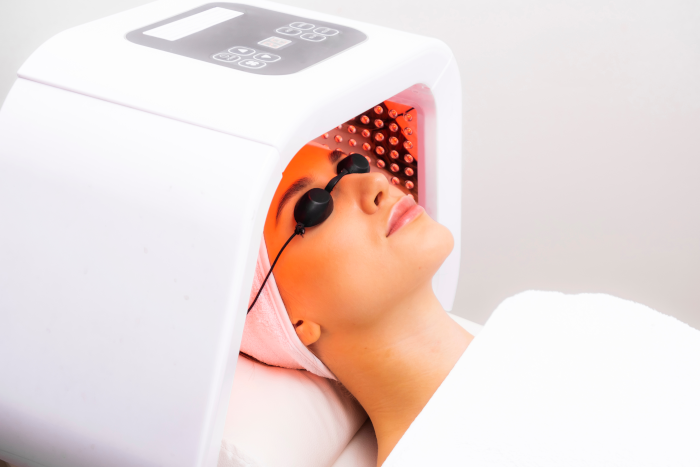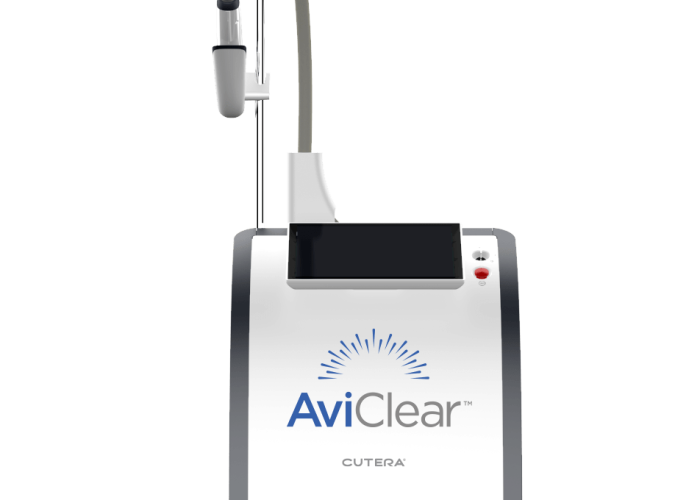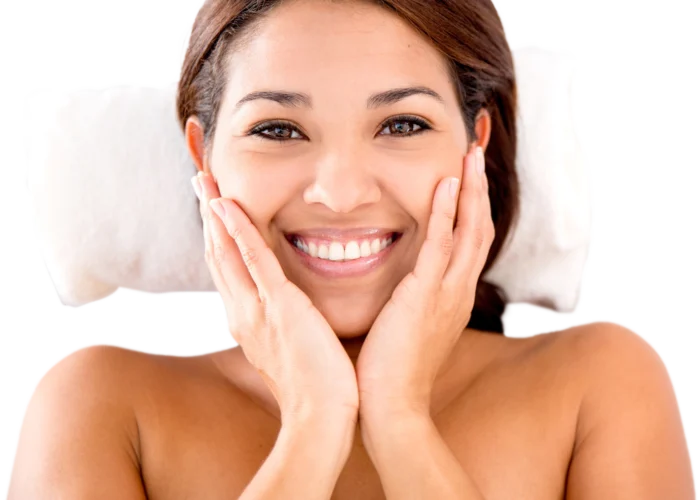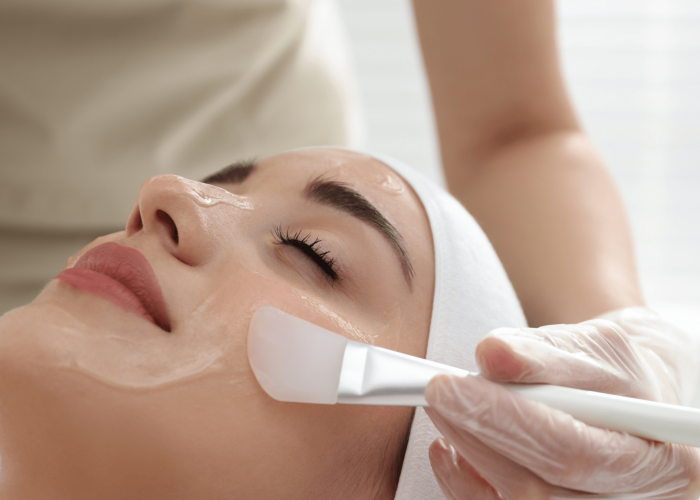Acne Treatments
Acne is a very common skin condition. However, patients struggle to find effective treatments. We understand the frustration of dealing with acne. At the Trillium Clinic, our clinical solutions are designed to target acne at its root, helping your skin heal and giving you the clear complexion you desire. Say goodbye to persistent breakouts and hello to a healthier, blemish-free skin with our specialized acne treatments.
What is Acne?
Acne is a common skin condition that occurs when hair follicles become clogged with oil, dead skin cells, and bacteria. It often results in the formation of pimples, blackheads, whiteheads, or deeper, painful nodules or cysts on the skin. Acne commonly appears on the face, chest, back, and shoulders.
What Causes Acne?
Acne is primarily caused by a combination of factors, including excess oil production, clogged pores, bacteria, and inflammation. Hormonal changes, such as during puberty or menstrual cycles, can trigger increased oil production. When excess oil, dead skin cells, and bacteria accumulate in the pores, they can become blocked and lead to the formation of pimples, blackheads, and whiteheads. Inflammation plays a role in the development of red, swollen acne lesions. Other factors, such as genetics, certain medications, and lifestyle factors, can also contribute to acne formation.
Acne Treatments Methods
- Skincare habits: Establishing a consistent skincare routine can help manage acne. This involves gentle cleansing of the skin, avoiding harsh scrubbing or picking at pimples, and using non-comedogenic (non-pore-clogging) products.
- Non-prescription treatments: Over-the-counter products containing ingredients like benzoyl peroxide, salicylic acid, or sulfur can be used to help reduce acne. These products work by unclogging pores, reducing inflammation, and killing bacteria.
- Prescription medications: In more severe cases, a dermatologist may prescribe medications to treat acne. These can include topical creams or gels containing retinoids, antibiotics to kill bacteria, azelaic acid, sebum inhibitors, or combination treatments that address multiple factors contributing to acne.
- Oral medications: Oral antibiotics, such as doxycycline or minocycline, may be prescribed to help control bacterial growth and reduce inflammation.
- For large, painful acne nodules, corticosteroid injections may be used to reduce inflammation.
- Isotretinoin (Accutane): Isotretinoin is a powerful oral medication used to treat severe, cystic acne that has not responded to other treatments. It works by reducing oil production and preventing clogging of the hair follicles. However, it can have significant side effects and requires close monitoring by a dermatologist.
- Adult acne: For females with hormonal acne, hormonal therapies, like oral contraceptives or anti-androgen medications, may be recommended.
- Procedural treatments: In some cases, dermatologists may recommend certain procedures to treat acne. These can include chemical peels, light therapy, or extraction of blackheads or whiteheads.
- HydraFacial
- Avi Clear
Acne treatment plans may vary depending on the severity of your condition and your individual needs. We invite patients from Chapel Hill, Carrboro, Hillsborough, Pittsboro, Mebane, Durham, Burlington, Cary, and surrounding cities, who suffer from acne, to schedule an appointment with us here. We will conduct a comprehensive evaluation and explore the various treatment options in order to create an acne treatment plan that is best suited for your specific situation.





